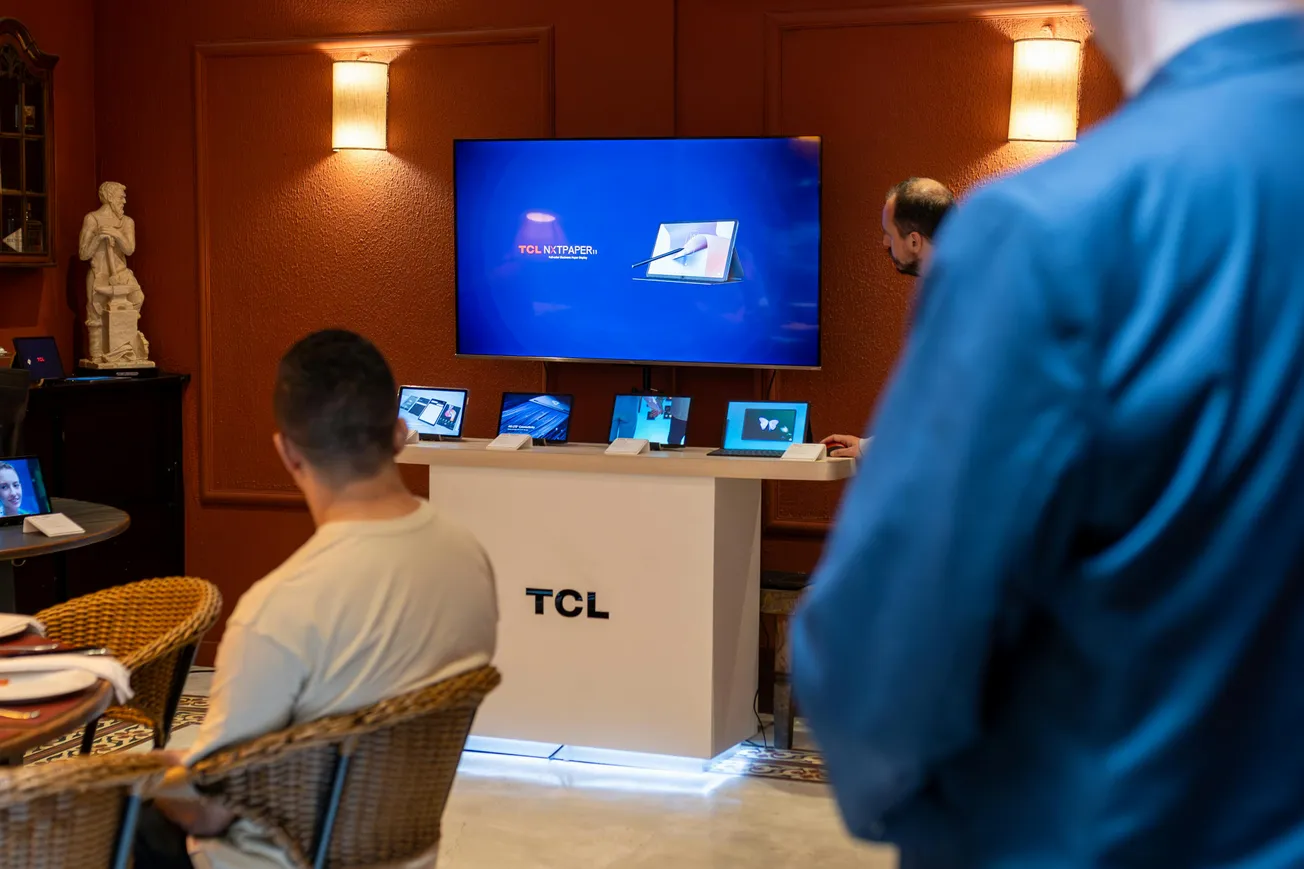Tesla Inc shareholders are set to vote on what could become the largest executive compensation package in corporate history: up to $878 billion for Elon Musk.
The proposal links Musk’s pay to ambitious targets, including delivering 20 million vehicles over the next ten years and achieving a valuation between $2 trillion and $8.5 trillion.
Beyond the headline figure, the vote includes several governance and strategic initiatives that reflect Tesla’s broader evolution.
First, the company seeks shareholder approval to invest in Musk’s artificial‑intelligence startup, xAI—despite the board’s lack of formal endorsement. analysts note the tie‑up could bolster Tesla’s autonomy in AI and robotics, but also deepen conflict‑of‑interest concerns.
Second, Tesla is proposing to eliminate its supermajority voting requirement, moving to a simple majority vote standard. The change would dilute one of the remaining checks on Musk’s influence and reshape the board’s power dynamics.
Third, shareholders will consider a resolution to adopt a formal political‑neutrality policy, aimed at curbing partisan activity by Tesla and its leadership—reflecting growing investor focus on reputational and ESG risks.
The outcome will carry major implications. A green light for the pay package would signify broad investor support for Musk’s vision of transforming Tesla into an AI and robotics powerhouse. A rejection, however, could raise questions about governance and leadership stability.
With Musk holding roughly 15 % of Tesla’s shares—and his vote expected—approval appears likely but not guaranteed, given opposition from large institutional investors such as Norway’s sovereign wealth fund.
For smaller business leaders and entrepreneurs, Tesla's massive compensation proposal for Elon Musk sends a powerful signal about the evolving expectations of leadership in the innovation economy. It reinforces the growing investor appetite for bold, high-risk vision tied to exponential growth—particularly in AI, robotics, and sustainability sectors.
However, it also raises concerns about governance transparency and executive accountability. For founders seeking funding or strategic partnerships, the vote may shift how boards and backers assess leadership value—placing even more emphasis on transformative potential over traditional performance metrics.










